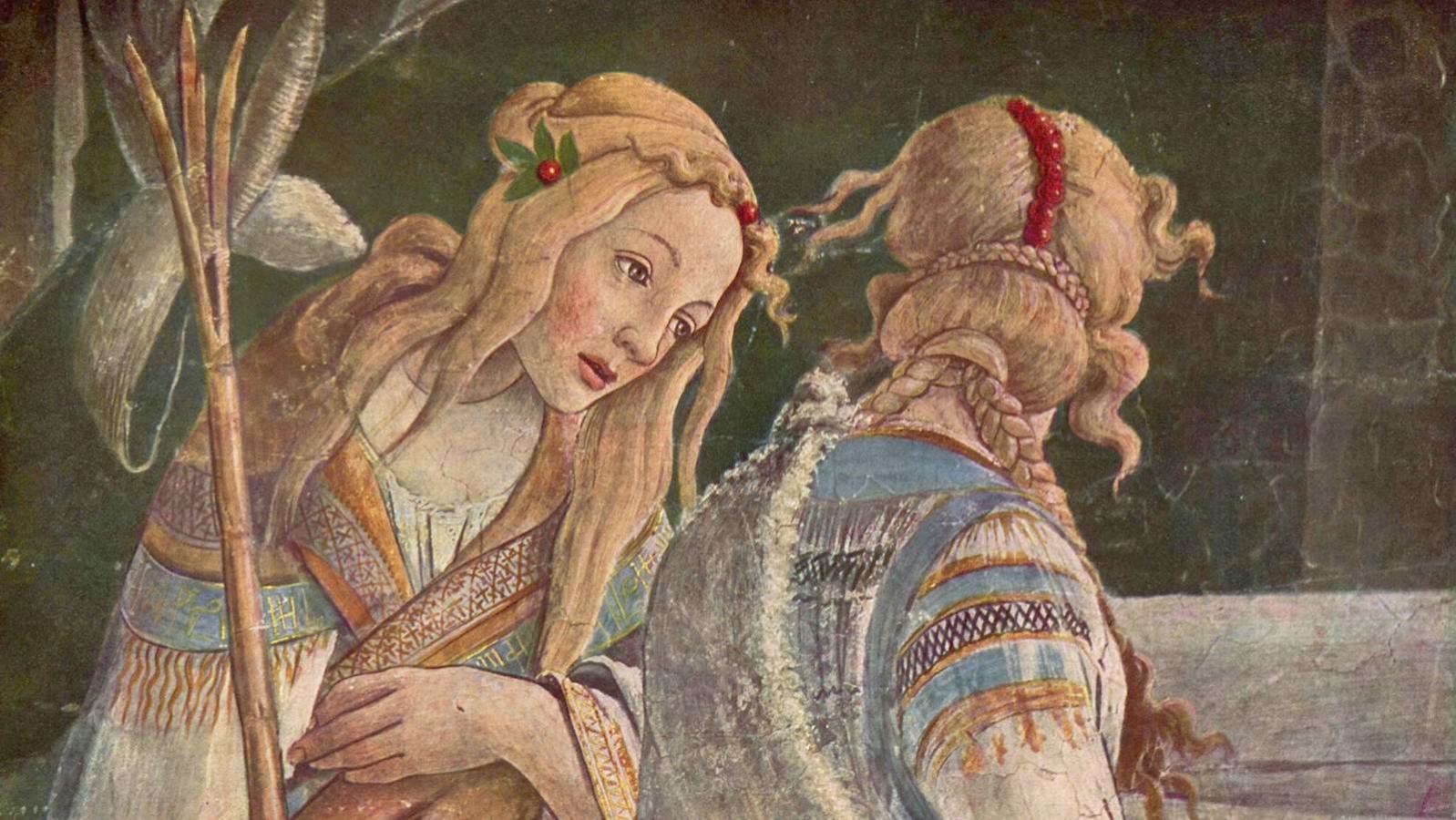Zipporah, the wife of Moses, was one of the seven daughters of Reuel, a Midianite priest, who was also called Jethro (Exodus 3:1) and Hobab (Judges 4:11). Moses, fleeing from Egypt, arrived in Midian and sat down by a well. While he was resting, Reuel’s daughters came to water their father’s flocks. Other shepherds arrived and drove the girls away so they could water their own flocks first. Moses, fearlessly, took on the shepherds and drove them away.
The girls returned home earlier than usual. Their father Reuel asked them, “How is it that you have come back so soon today?” The girls answered, “An Egyptian rescued us from the shepherds; he even drew water for us and watered the flock.” “Where is he then?” Reuel asked them. “Why did you leave the man? Ask him in to break bread.” (Exodus 2:18–20)
Moses stayed and lived with the Midianite priest and his family. Reuel gave him his daughter Zipporah in marriage; and, in due time, she gave birth to Gershom and then to Eliezer.
After all the men in Egypt who had sought his death had died, God commanded Moses to return to Egypt. Moses took his wife and sons and started his journey back to Egypt. On the road, they stayed in an inn, where a mysterious incident took place.
The Bible tells us that God came to kill Moses. Zipporah quickly circumcised Gershom with a sharp stone and touched Moses’ legs with it, saying “A bridegroom of blood because of the circumcision (Exodus 4:26).” After that event, Moses sent Zipporah and the children back to her father in Midian, and he continued alone to Egypt.
With your help, My Jewish Learning can provide endless opportunities for learning, connection and discovery.
After Moses succeeded in taking the Israelites out of Egypt, Reuel came to the Hebrew camp in the wilderness, bringing with him Zipporah and her two sons, Gershom and Eliezer, who had been staying with him. Some scholars identify Zipporah with the Ethiopian woman whose marriage to Moses was harshly criticized by Miriam and Aaron.
Reprinted with permission from Who’s Who in the Hebrew Bible (The Jewish Publication Society).
Moshe
Pronounced: moe-SHEH, Origin: Hebrew, Moses, whom God chooses to lead the Jews out of Egypt.



